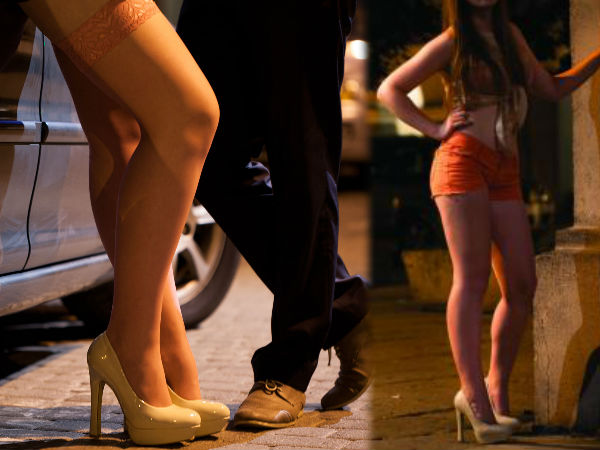
Flesh trade under the garb of spa business, or beauty parlour, is an aberration and does not significantly affect the Rs 21,000 crore salon and spa business in India, according to Rahul Bhalchandra, found and CEO of salon and spa chain YLG.
"There will be some people who will always misuse the situation, but it does not affect the sector as such," he told International Business Times.
On Feb 21, it was reported that five men, including the owner of a spa, were arrested by the Bengaluru police for allegedly running a prostitution racket under the garb of spa business, the Deccan Herald reported.
Based on a tip-off, the Bengaluru police raided Kiyora Wellness and Thai Spa and arrested the five men. The couple that ran the spa confessed to luring women from Thailand with job offers in the city and then push them into prostitution. Five such Thai women were rescued as a result of the raid, the publication reported.
In November last year, 10 Thai women along with eight men were booked under the Immoral Trafficking Act for allegedly running flesh trade while pretending to be running spas in Rajasthan's capital city Jaipur. The trade was allegedly being carried out in Crystal Spa and Thai Harmony Spa, reported the Hindustan Times.
The salon business is estimated at about Rs 15,000 crore and the spa business accounts for about Rs 6,000 crore in India, according to Bhalchandra, whose YLG chain has 37 outlets in India. The sector has an operating margin of about 30 percent, he added.
Prostitution is part of a larger menace of human trafficking in India.
Human trafficking registered an increase in India in 2014, according to the National Crime Records Bureau (NCRB) data. While the overall number of reported cases was 3,940 in 2013, it shot up by 38.7 percent to 5,466 in 2014. Procurement of minor girls (2,020 cases) and immoral trafficking (2,600 cases) accounted for the maximum offences.
Under immoral trafficking, the maximum number of cases was reported from Tamil Nadu and Karnataka. "There were 3,351 victims (consisting of 595 males and 2,756 females) for 2,617 cases reported under the Immoral Traffic (Prevention) Act," the NCRB data showed.
Cases under the head "procurement of girls" rose almost 65 percent in 2014, compared to 2013 (1,224), with most of the cases reported from West Bengal, followed by Assam.
The NCRB data also detailed that about 100 cases involving selling or buying minor girls for prostitution were reported in 2014.









